Textile processing: find out how it adds value to the final product

Textile processing aims to refine the fabrics used in industry. It consists of several phases and processes, each of which delivers specific results. Once done manually, this stage is now increasingly automated, bringing even more benefits to those who invest in the process. Want to have a better understanding of the subject? Keep reading! Textile […]
Machines for the textile industry: get to know Delta!
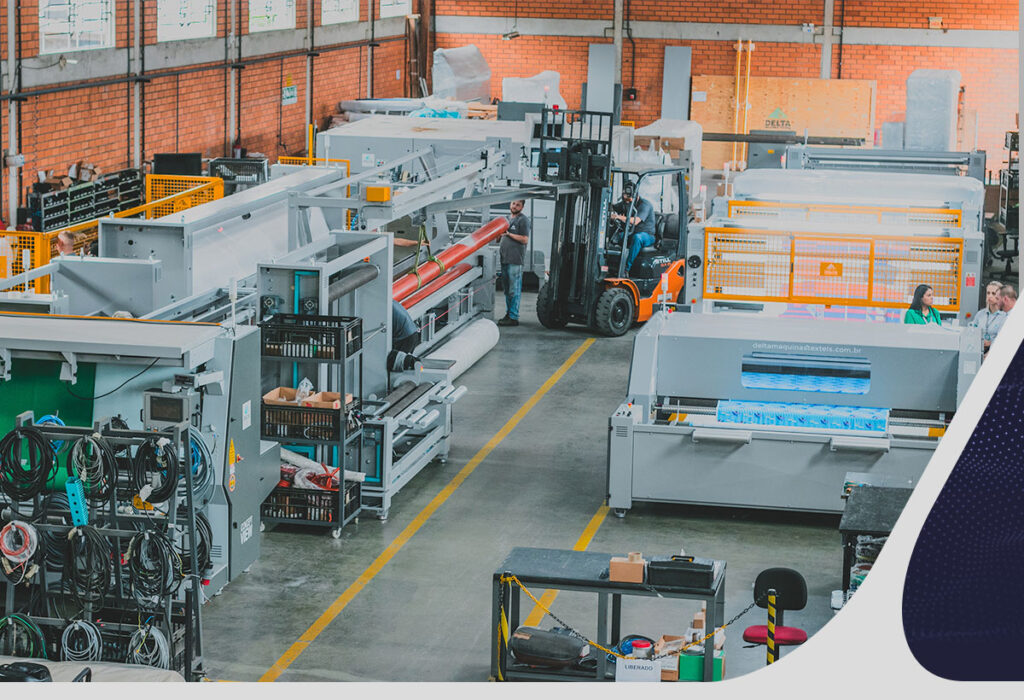
Without machines for the textile industry, there is no way to guarantee an optimized and quality operation, capable of generating returns and marketing advantages. Such as, for example, the uninterrupted and complete operation of production. To understand more about their impacts and functions, continue reading! Let’s go? But, after all, what are machines for the […]
How does additive manufacturing optimize Industry 4.0?
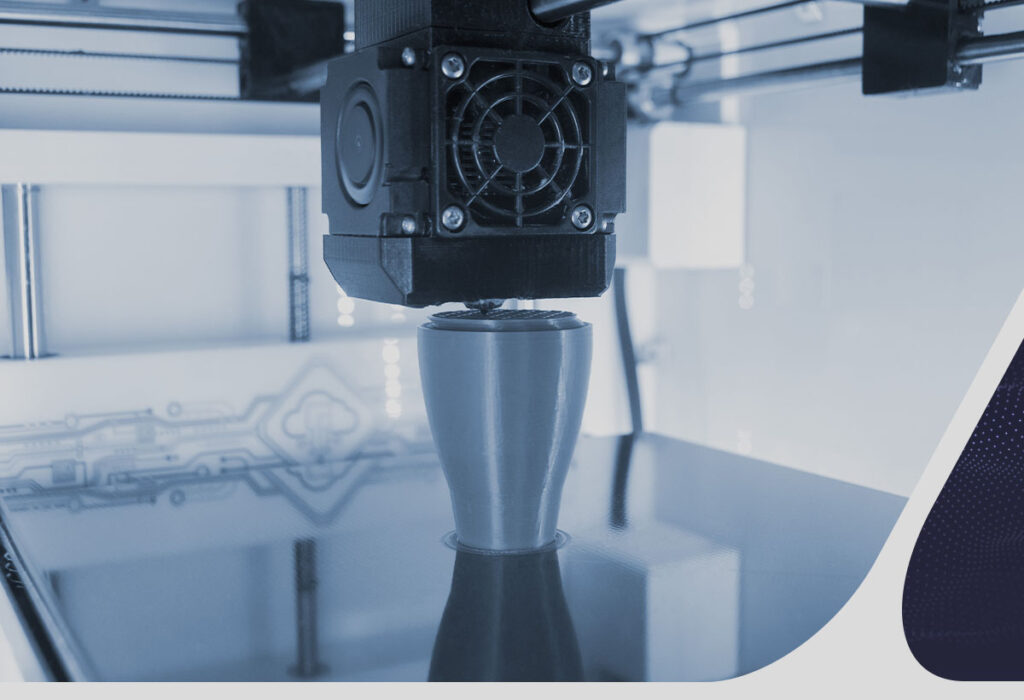
Additive manufacturing is directly connected to industry 4.0. But how does this production model optimize the Fourth Revolution? Read the text to find out! In other words, it collaborates with the integration of automation, data and connectivity of production processes. To understand a little more about this relationship, continue reading. In this text, we have […]
Textile production line: how to increase productivity?
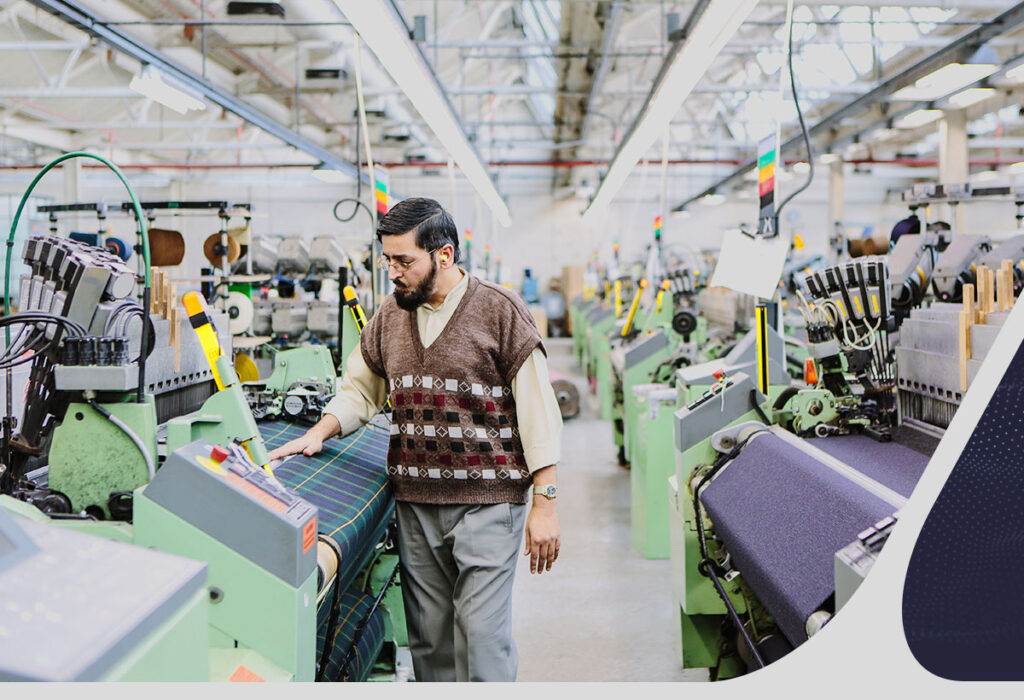
The constant advancement of technology, and the growing demand for quality products, require ways to optimize textile production to increase productivity. Therefore, we have put together a list of 6 strategies that will help you ensure a more efficient and competitive operation. Continue reading to check it out! Let’s go? What is textile production? Textile […]
5 benefits of Big Data for the industry
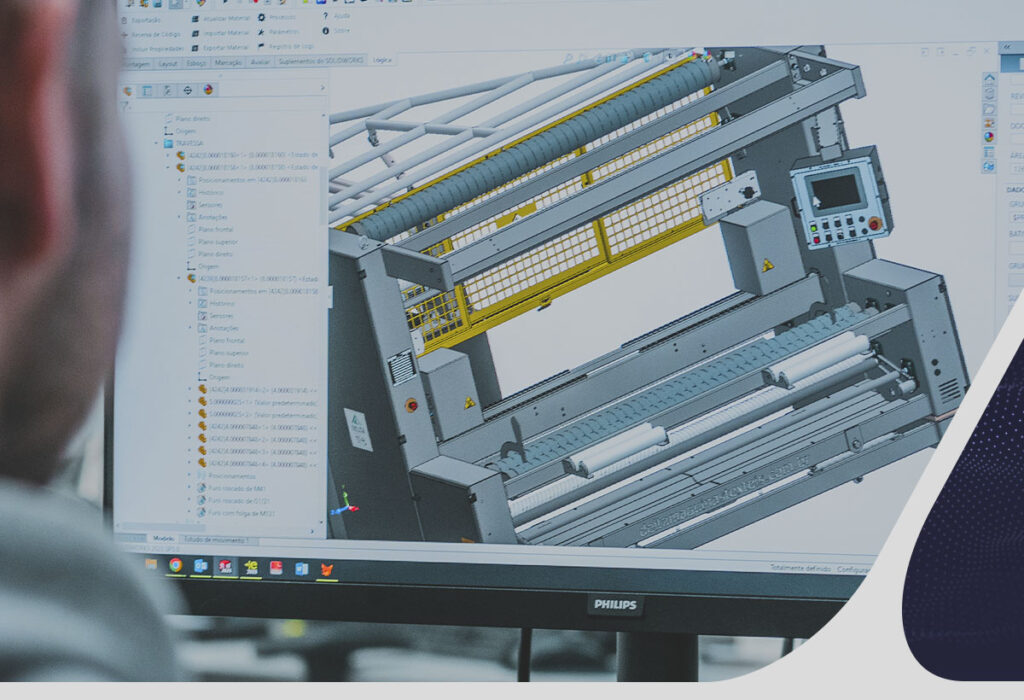
If you still don’t understand very well what Big Data is and what its benefits are, don’t worry. We have gathered in this content the main information regarding this technology. So, continue reading and resolve, once and for all, your doubts on the subject. Let’s go? What is Big Data? Big Data is a technology […]
Why does your production need a Delta textile machines?
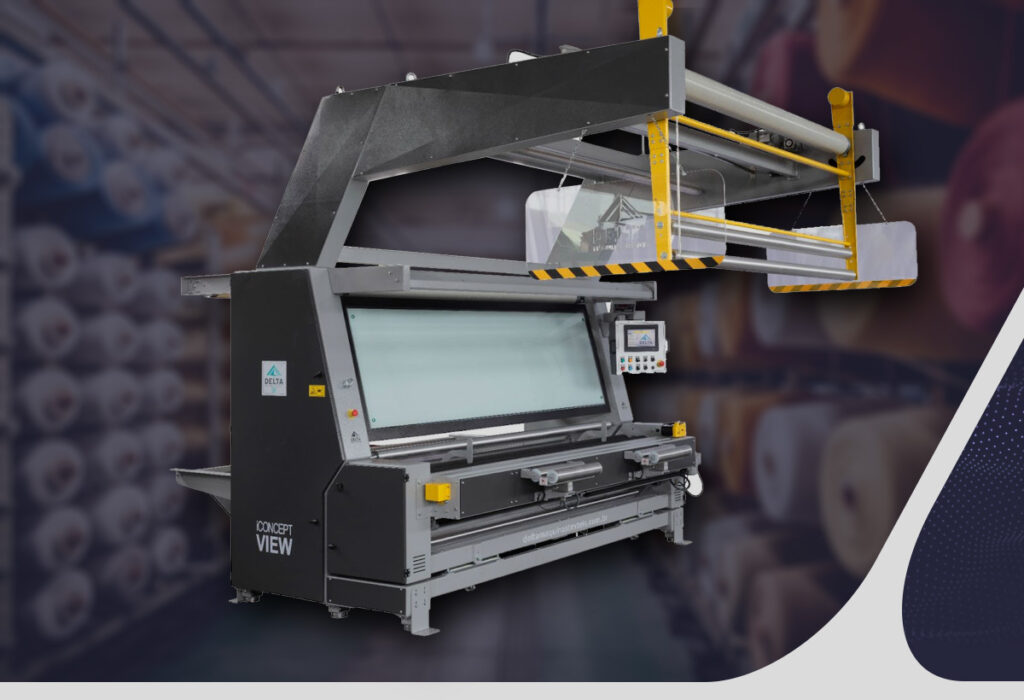
Still thinking about purchasing the Delta textile machines? Know that taking the step of updating your machinery is something that requires urgency, as many companies in the sector are already investing in this strategy and the longer it takes, the more effort it will take to keep up with them. To put an end to […]
Maintenance 4.0: what does it mean in industry?
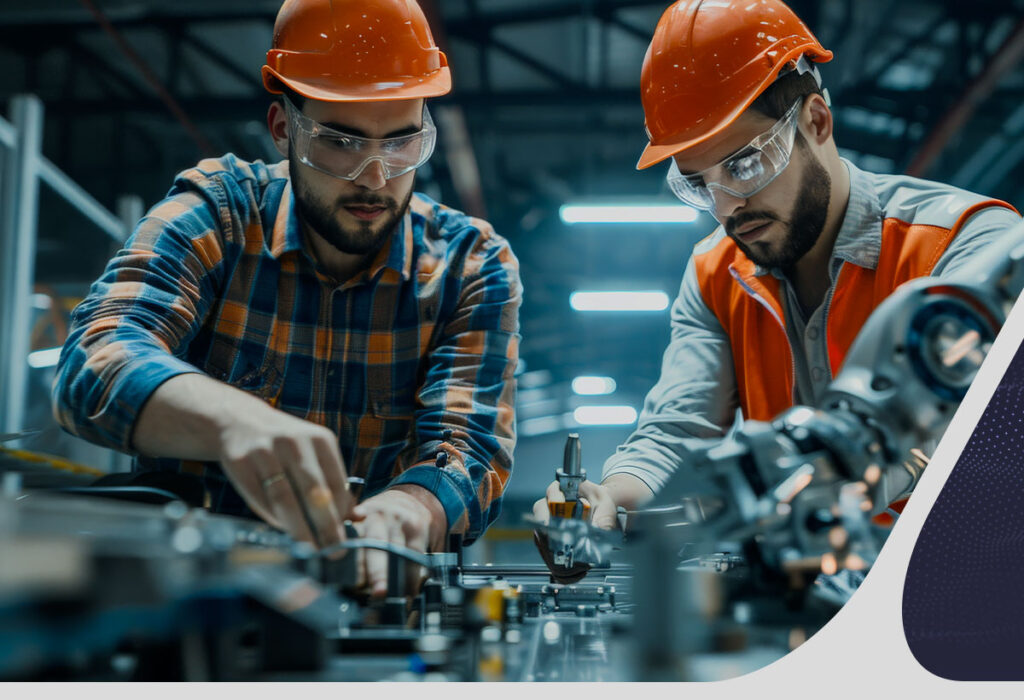
There is a lot of talk about Industry 4.0 and its impact on today’s market. But we also need to reinforce the extensions of this concept, such as maintenance 4.0. In turn, it improves already known processes in order to guarantee operational efficiency and availability of industrial assets. Are you curious? So read on to […]
Sustainability in the fashion industry: what is the role of innovation?

Brands are increasingly being pressured to take on more conscious roles in society. Sustainability in the fashion industry, which is no longer new, is now a topic that is even more talked about and demanded by consumers. With this in mind, many companies have already started to adapt and, to do so, have used technology […]
6 myths and truths about mesh relaxation
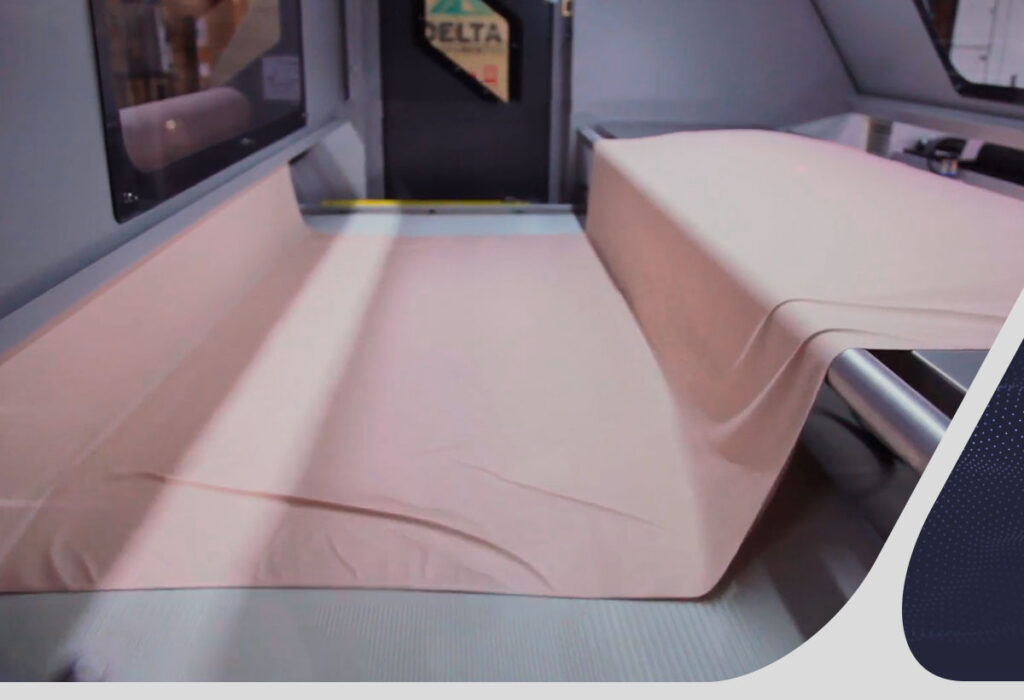
The mesh relaxation process is very important to define the width and length of the fabric. As technology evolves, the relaxation process is improved, which raises some doubts and gives rise to myths related to this process. In this article we separate 6 of them. Check it out! All meshes can be relaxed MYTH […]
Fast fashion as a retail strategy

Fast fashion is an excellent strategy for retailers who want to stand out in the market and ensure profitability. It allows for a wide variety of products that adapt to the main trends in the sector, attracting new consumers. Are you curious? So, continue reading to understand more about the concept and access tips on […]
